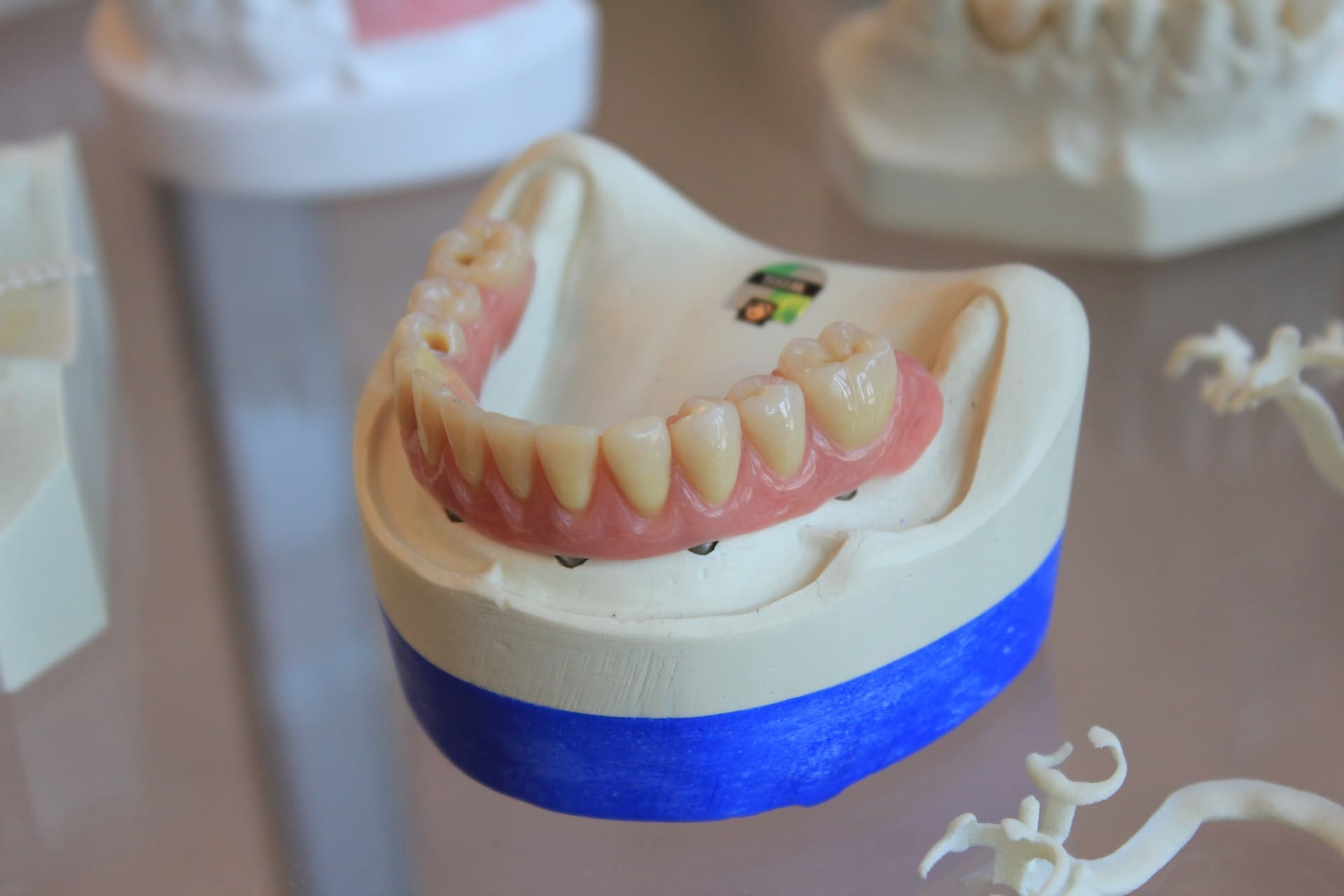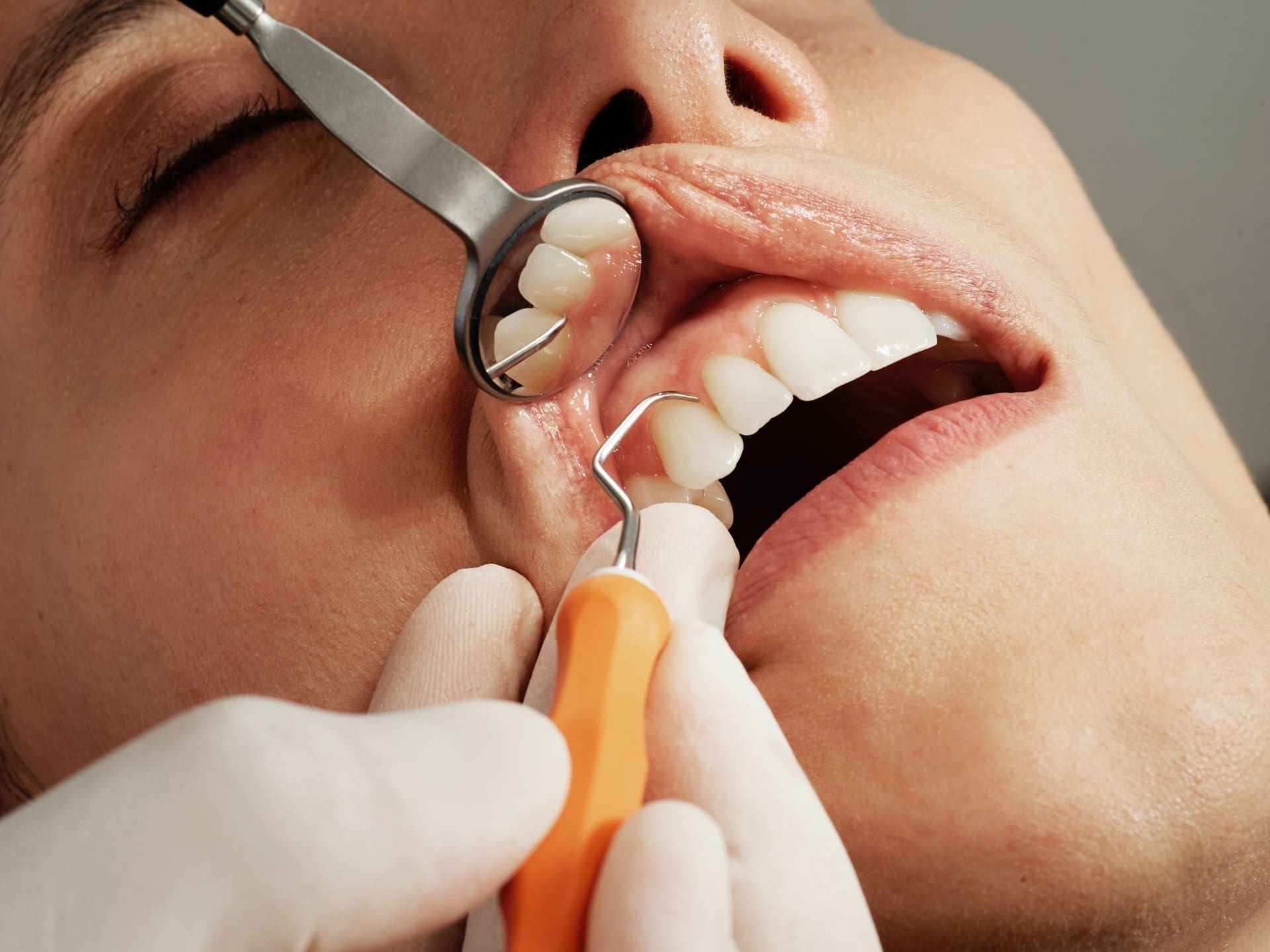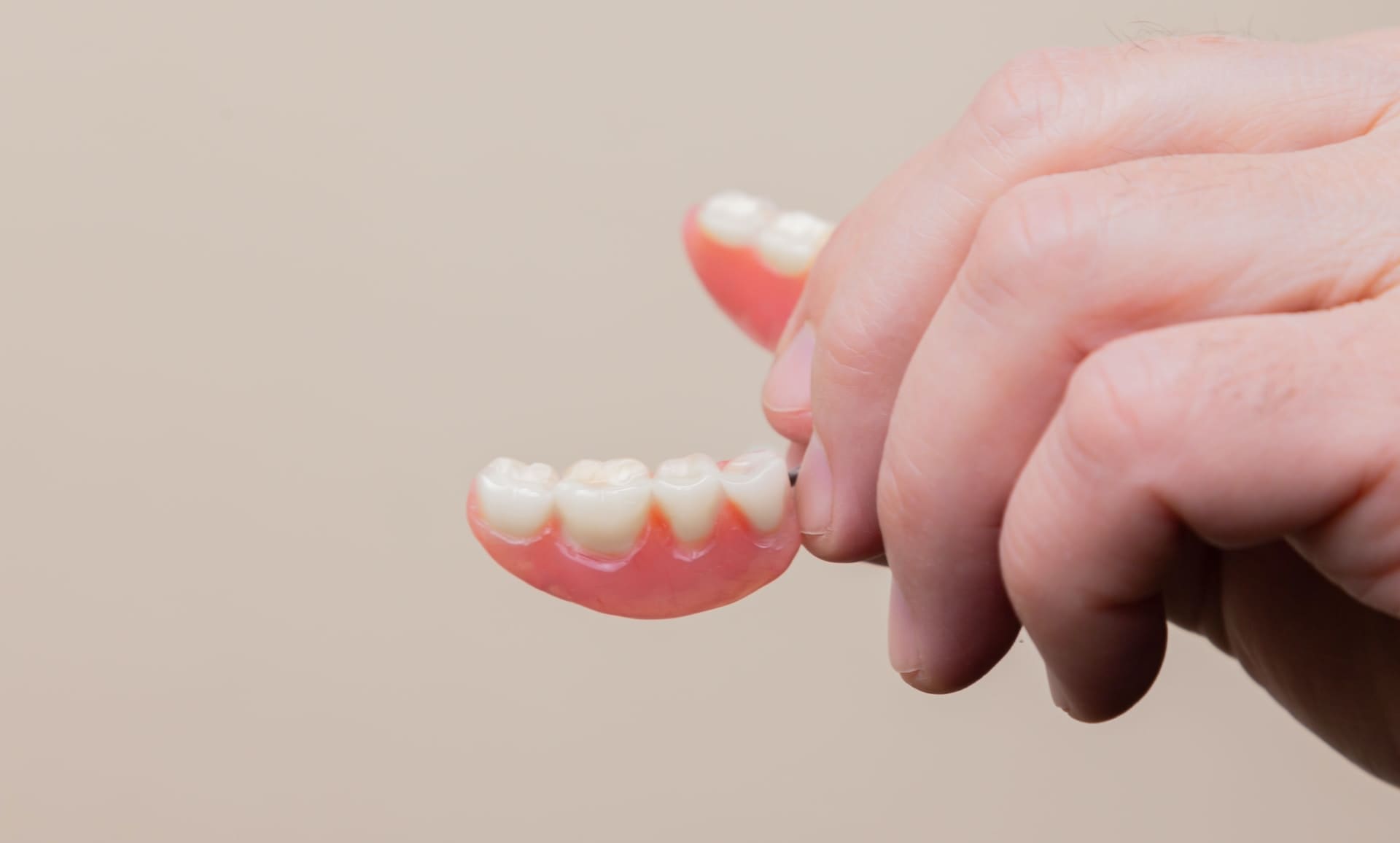5 Reasons Why Dental Patients Need Root Canal Treatment
Root canal treatment is a dental procedure often recommended to patients with damaged or infected teeth. It involves removing the damaged or infected pulp from the tooth, cleaning the root canals, and sealing the tooth to prevent further infection. While some patients may hesitate to undergo root canal treatment, this procedure has several benefits. But why do patients need root canal treatment? Here are some ideas.
1. Tooth-Saving Procedure
One of the primary benefits of root canal treatment is that it is a tooth-saving procedure. When a tooth is damaged or infected, it can be tempting to have it extracted. However, this can lead to several problems, including tooth shifting, bone loss in the jaw, and difficulty chewing.
Root canal treatment allows the dentist to remove the damaged or infected pulp while preserving the tooth’s natural structure. It helps maintain the surrounding teeth’ integrity and prevent further dental problems. As a result, the damaged tooth will not hurt or decay while maintaining use.
2. Better Than Extraction
Root canal treatment is often a better option than tooth extraction. Extraction may seem like a quick and easy solution, but it can lead to several problems, as mentioned above. Additionally, tooth extraction can be more expensive than root canal treatment.
It often requires additional procedures, such as dental implants or bridges. On the other hand, root canal treatment is a relatively simple and cost-effective procedure that can help preserve the tooth’s natural structure and prevent further dental problems.
3. Ideal Against Infections
Root canal treatment is ideal for patients with a dental infection. When the tooth’s pulp is infected, it can cause significant pain and discomfort. Additionally, the infection can spread to other areas of the body if left untreated.
Root canal treatment allows the dentist to remove the infected pulp, clean the root canals, and seal the tooth to prevent further infection. This helps to relieve pain and discomfort and prevent the spread of disease.
4. Maintains Function
Another benefit of root canal treatment is that it helps maintain the tooth’s function. Eating and speaking comfortably can be challenging when a tooth is damaged or infected. As a result, it can lead to a reduced quality of life and difficulty performing everyday tasks. Root canal treatment preserves the tooth’s natural structure, allowing it to function normally. Patients who undergo root canal treatment can eat and speak comfortably without pain or discomfort.
5. Ensures Long-Lasting Results
Root canal treatment provides long-lasting results. Once the damaged or infected pulp is removed and the tooth is sealed, it is unlikely to be reinfected. Patients can enjoy improved dental health and function for many years.
Additionally, root canal treatment can help to prevent further dental problems, such as gum disease and tooth decay. This can help to save patients time and money in the long run, as they will not need additional dental procedures.
Conclusion
Root canal treatment is beneficial for dental patients with damaged or infected teeth. It is a tooth-saving procedure often better than extraction, ideal against infections, maintains function and ensures long-lasting results.
If you are experiencing dental problems, speak with your dentist to determine whether root canal treatment may be a good option. With the right approach, you can enjoy improved dental health and function and maintain a beautiful smile for many years.
Are you looking for high-quality dental care in Weymouth, MA? Look no further than Weymouth Dental Arts! Our experienced team offers a variety of dental treatments, including denture repairs, dental implants, and emergency dental care. Contact us today to schedule an appointment and experience the difference that customized dental care can make for your smile.








